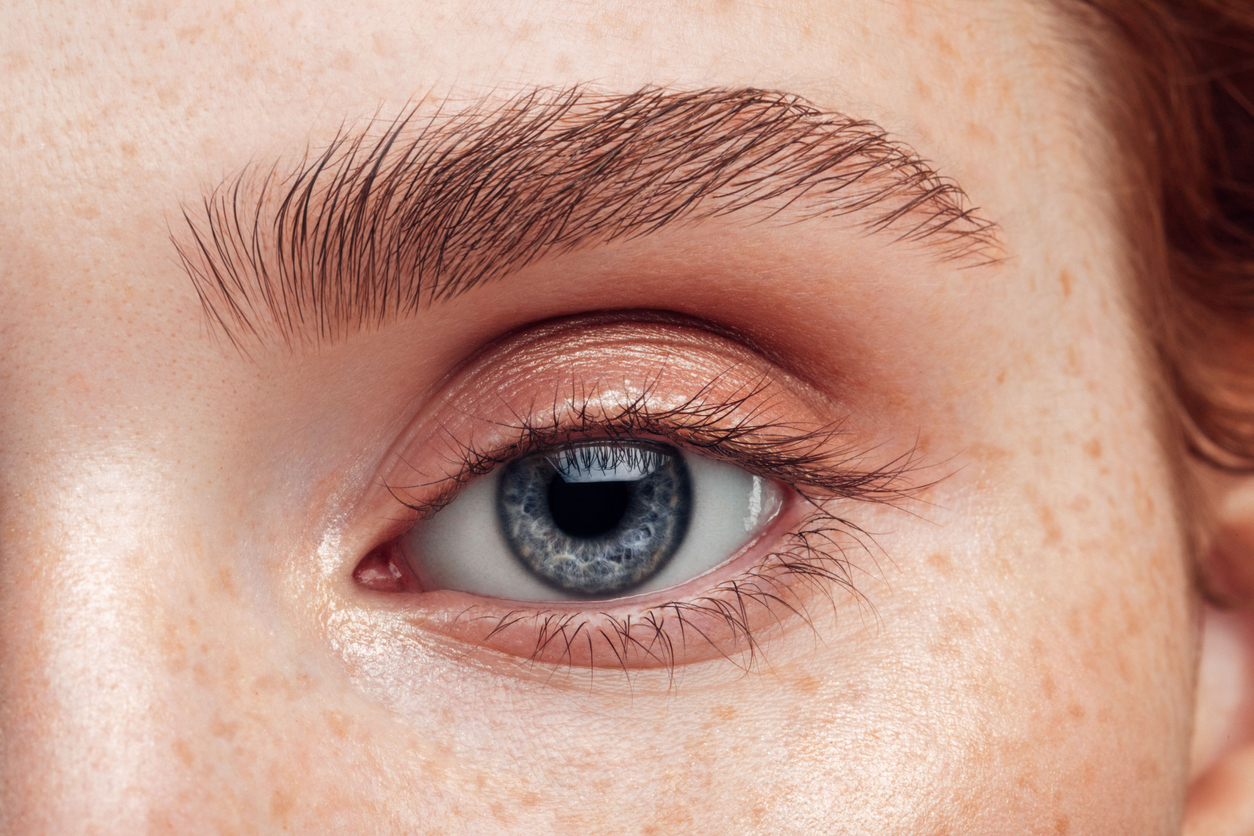Treating Glaucoma with “Natural Cures” is Unwise. Here’s Why.

Unregulated websites across the internet claim to offer homeopathic solutions for glaucoma, but the science behind them isn’t always sound.
Glaucoma affects more than 3 million Americans, making it one of the leading causes of vision loss in the country — and the leading cause of blindness for African Americans and Hispanic Americans. While many people may link glaucoma with high eye pressure, the latter is only a risk factor of the former rather than the sole cause. Instead, glaucoma is a group of eye disorders connected to a range of risk factors that pose a threat to the optic nerve.
Because there’s no cure for glaucoma, many patients are understandably curious about the options available for treating the condition before it worsens. As always, conferring with a qualified eye care specialist is your best bet at catching glaucoma early and making a plan to halt its progress.
However, some have become invested in homeopathic remedies for glaucoma — also known as “natural cures” — that claim to treat the condition if followed properly. While many of these remedies are not explicitly harmful, the science backing them up is thin. What’s more, unregulated websites published beyond the quality control of peer-reviewed scientific journals may be persuading patients to sit tight with natural treatments for a condition that needs to be identified and managed as early as possible.
For the 50% of patients who experiment with these remedies, it’s important to know the facts. If you’re following one of the following homeopathic regimens, you should consider reaching out to an eye doctor instead.
Vitamin Supplements
Patients could be forgiven for believing in the potential of vitamin supplements to support their bodies’ fight against glaucoma. However, because glaucoma is actually a group of related diseases — and a grouping that differs from one patient to the next — researchers haven’t been able to pinpoint exactly what combination of vitamins is needed to effectively treat glaucoma patients.
For patients trying their own natural cures, this makes finding the right mix of vitamins, or a mix that will do anything at all, challenging. For instance, vitamin C can potentially reduce intraocular pressure, but in order for it to be meaningfully effective, patients would have to take such high doses that they’d likely deal with complications such as diarrhea and dehydration.
Herbal Remedies
Similarly, herbal remedies that may benefit patients with unrelated health issues shouldn’t be used as the primary treatment when dealing with glaucoma. While herbs such as gingko biloba are useful with vascular disorders, for example, and have been shown to increase blood flow in the eye in some studies, other research hasn’t arrived at the same conclusions.
Again, patients may not be doing their bodies any harm by taking these supplements, but with conflicting studies disagreeing on the efficacy of herbal treatment, patients risk losing valuable time better spent on scientifically proven methods.
Cannabis
As the regulatory attitude toward cannabis has changed around the country, many patients are curious whether medical-grade marijuana can benefit eyes as they deal with glaucoma.
While cannabis has been shown in some studies to reduce intraocular pressure, the drop typically only lasts for a little while before the effects wear off. Additionally, because marijuana has so many substances that have received so little research attention because of federal substance controls, more studies will need to be done in order to understand what role they play in treating glaucoma.
Anti-Inflammatory Diets
It’s always wise to watch what you eat — especially if you’re struggling with serious health conditions like glaucoma. However, websites that claim that anti-inflammatory diets alone can stop or even reverse glaucoma are doing patients a disservice. It’s true that leafy greens and limited salt intake can help prevent inflammation — something that’s important when dealing with this condition — but they can’t carry the weight of treatment alone.
Receiving Qualified Attention
The bottom line? It’s best to have a comprehensive discussion with an eye care specialist about what your fight against glaucoma will look like. They may well recommend vitamin supplements and an anti-inflammatory diet, but they’ll also provide you with essential recommendations when it comes to medication and procedures that you’ll need to protect your vision.
Additionally, glaucoma can be difficult to spot until it’s already begun to damage the optic nerve. This means that attending regularly scheduled check-ups is important if you want to detect the condition as early as possible.
If you’re wondering where to start, schedule a consultation today with ICON Eyecare. Our team can get you the information you need to start a well-informed treatment plan today.
[DISPLAY_ULTIMATE_SOCIAL_ICONS]








